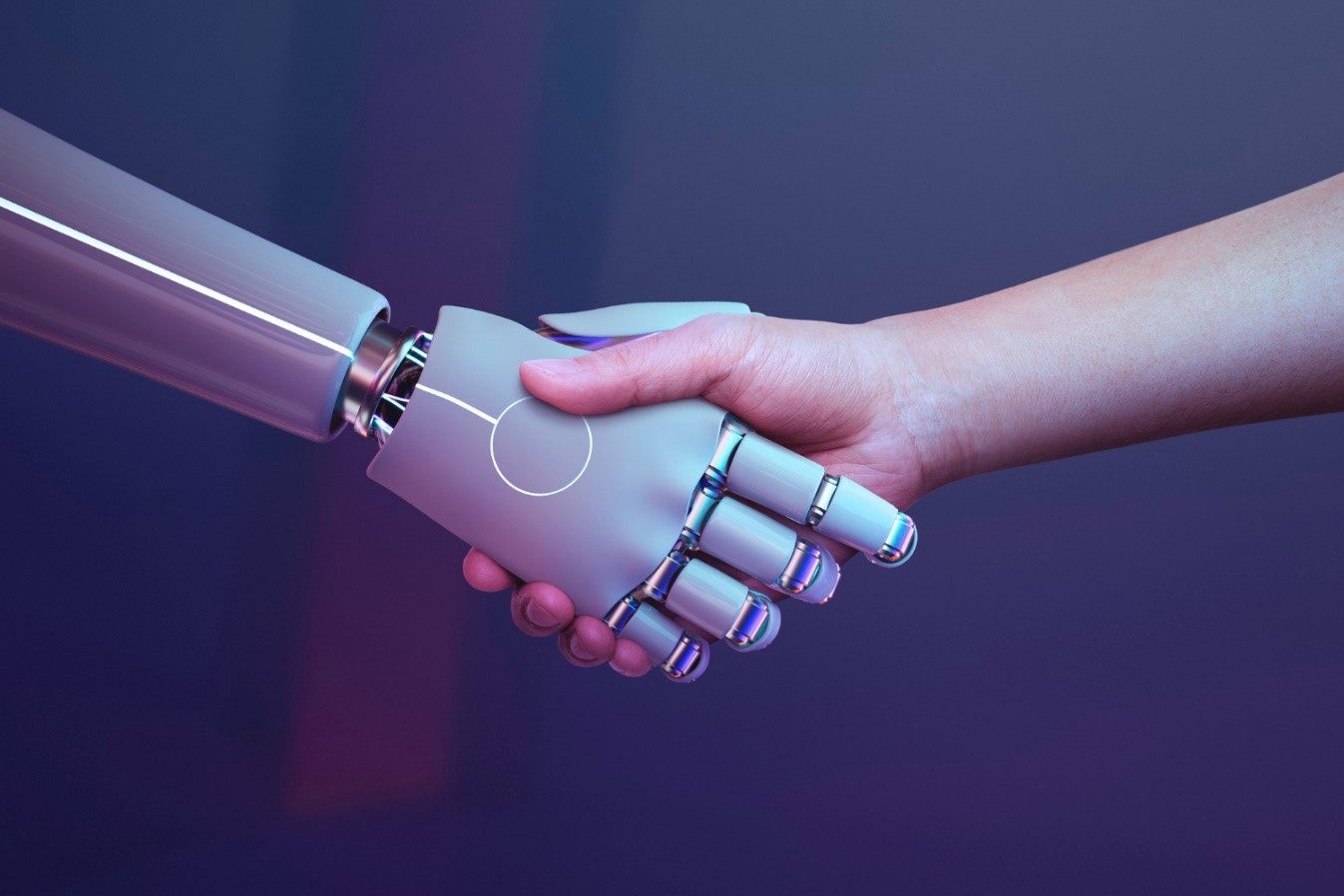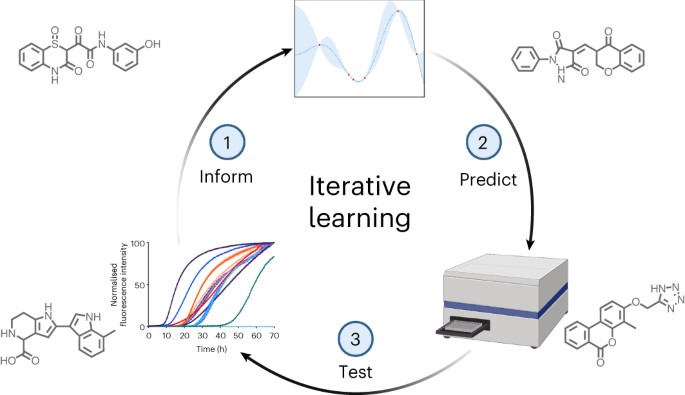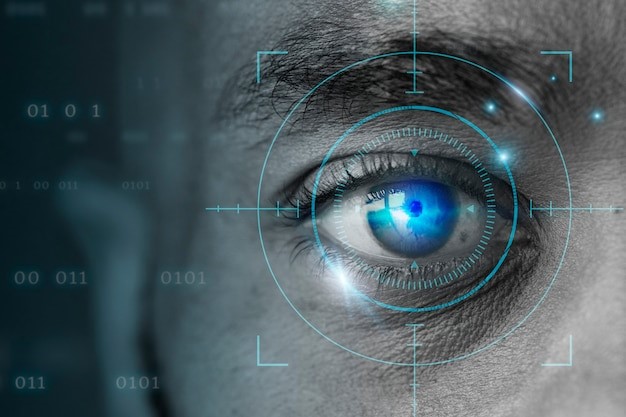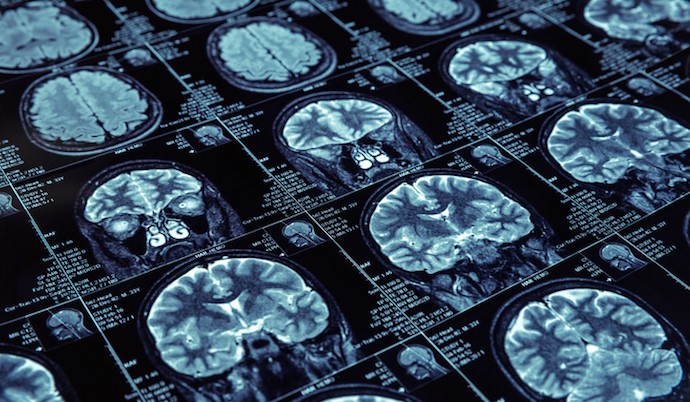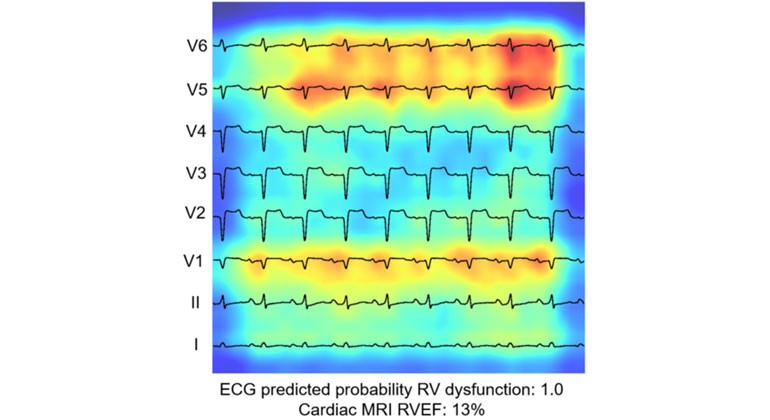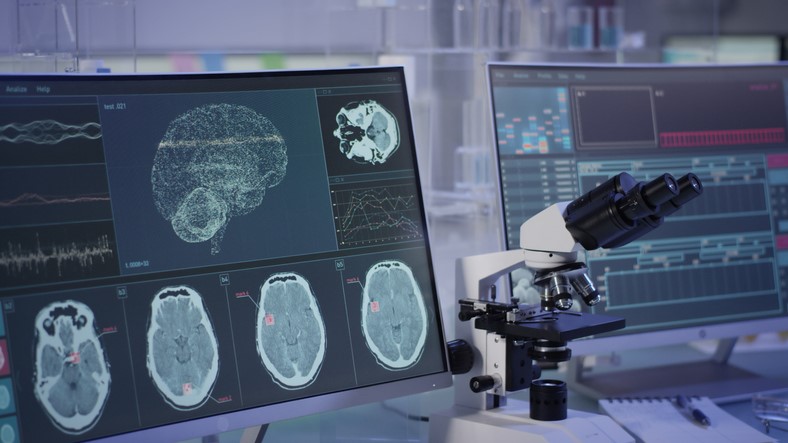The Uncanny Realism of AI-Generated White Faces: A Wake-Up Call for Technology Ethics
Recent research led by experts at The Australian National University (ANU) has unveiled a startling revelation – artificial intelligence (AI) is now generating White faces that appear more realistic than actual human faces. This phenomenon, referred to as "hyper-realism," poses potential risks and implications, particularly in reinforcing racial biases online.

Figure 1. AI Fake Faces. (Credit: Axel Bueckert)
The Discrepancy in Perception
Figure 1 shows AI fake faces. The study found that more people mistakenly believed AI-generated White faces were real compared to genuine human faces. However, this trend did not hold true for faces of people of color. The key factor contributing to this discrepancy is the disproportionate training of AI algorithms on White faces, according to Dr. Amy Dawel, the senior author of the research.
Potential Ramifications for People of Color
Dr. Dawel emphasizes the potential seriousness of this issue for people of color, stating that if AI consistently generates more realistic White faces, it could further amplify racial biases online. Current AI technologies already display bias when used to create professional headshots for people of color, altering their skin and eye color to match those of White individuals.
The Deceptive Nature of AI 'Hyper-Realism'
One concerning finding from the study is that individuals who mistakenly believed AI faces were real were paradoxically more confident in their judgments. This highlights the challenge of detecting AI imposters, as people may be unaware that they are being deceived.
Physical Differences and Misinterpretation
Despite the existence of physical differences between AI and human faces, individuals often misinterpret them. For instance, White AI faces are more in-proportion, leading people to mistake this as a sign of humanness. However, the researchers caution that reliance on such physical cues may not be reliable for long, given the rapid advancement of AI technology.
Implications for Misinformation and Identity Theft
The researchers argue that the growing trend of AI hyper-realism poses serious risks for the spread of misinformation and identity theft. Urgent action is needed to address these concerns, and the study calls for greater transparency in AI development to allow researchers and civil society to identify potential issues before they become widespread problems.
The Call for Transparency and Public Awareness
Dr. Dawel stresses the need for transparency in AI technology, advocating that it should not be solely confined to the knowledge of tech companies. The study also emphasizes the role of public awareness in mitigating the risks associated with AI hyper-realism. Educating the public about the potential pitfalls and deceptive nature of AI-generated faces could foster appropriate skepticism and caution when encountering such images online.
Published in Psychological Science, a journal of the Association for Psychological Science, this research serves as a wake-up call for the ethical considerations surrounding AI technology. As AI continues to advance rapidly, addressing the challenges posed by hyper-realistic faces becomes imperative to prevent unintended consequences and safeguard against potential misuse.
Source: Australian National University
Cite this article:
Hana M (2024), The Uncanny Realism of AI-Generated White Faces: A Wake-Up Call for Technology Ethics, AnaTechMaz, pp. 382



